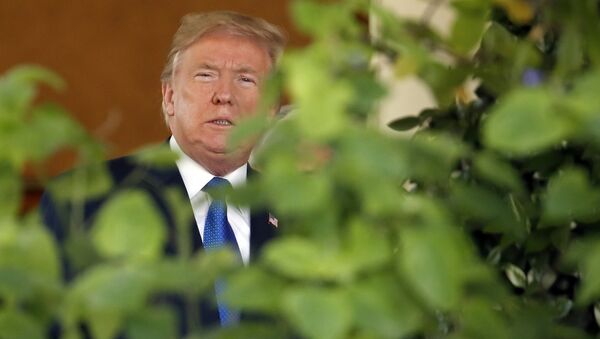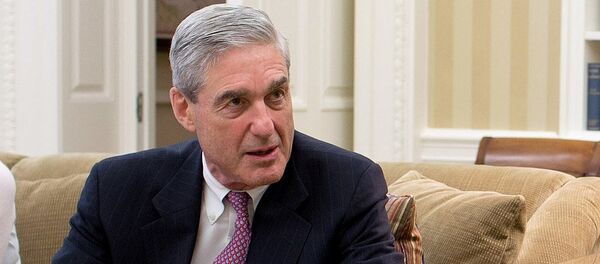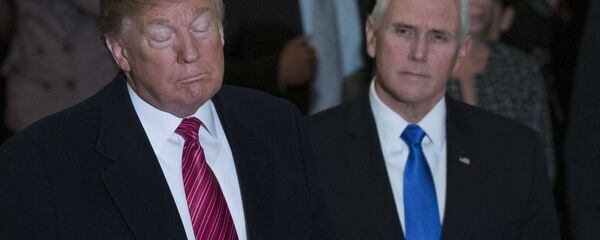Most of the ongoing probes looking into Trump and his family's dealings are at the hands of prosecutors working at the state and federal levels, indicating that charges may well be levelled against POTUS beyond those contained in Mueller's investigation, according to Reuters.
Aside from the 34 people and three organizations charged by Mueller, the most prominent of the many additional criminal investigations and civil lawsuits ongoing against Trump include charges of potential campaign finance law violations brought by the US Attorney's Office for the Southern District of New York.
These charges include hush money payments to women who reported that they had sex with Trump prior to the 2016 elections, according to Reuters.
Other charges against Trump include an investigation by the Manhattan district attorney's office into financial crimes evidenced by questionable loans and unpaid taxes.
Trump's campaign chairman, Paul Manafort, has been charged with various crimes including bank fraud, tax fraud, conspiracy and failing to report foreign bank accounts. Manafort made a plea deal with prosecutors to turn evidence against the president in exchange for lenient sentencing.
Zervos sued Trump after he called her a liar and said her accusations of sexual misconduct were a hoax to extort money. The president must write his answers to questions from prosecutors by September 28, according to the court.
Another lawsuit has resulted in the dissolution of the Donald J. Trump Foundation — a charitable organization within the Trump family business sphere — filed by the New York state Attorney General's Office.
Meanwhile, the NY attorney general accused Trump and those tasked with running his son's charity of engaging in a "shocking pattern of illegality" while "functioning as little more than a checkbook to serve Mr. Trump's business and political interests," cited by the New Yorker.
Trump also faces another lawsuit seeking to address foreign government spending at the president's Trump International Hotel in Washington DC, describing hotel fees and charges billed to foreign nations as unconstitutional monetary gifts to Trump's family business.
Then there is the January 20, 2017 inauguration. Federal prosecutors in New York continue a probe into whether Trump's inaugural committee encouraged the purchase of access to the newly-elected president, accepted illegal donations from foreign governments and misused funds leading up to and during the event.
If it can be proved that he engaged in "treason, bribery, or other high crimes and misdemeanors," Trump might facee the possibility of impeachment hearings according to US law.
In the event that charges are brought, the US House of Representatives will make the accusation official and the Senate will conduct the trial. While a simple majority vote in the House will permit an impeachment trial against Trump to go forward, a two-thirds majority is required by the Senate to convict the president and remove him from office.





